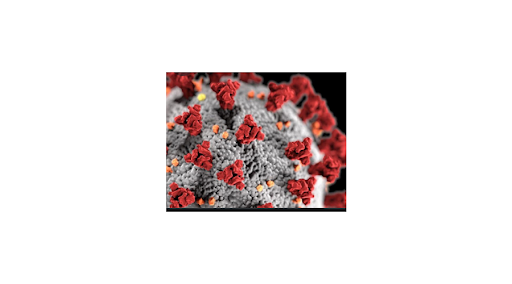3 December 2022
The UK’s Guardian newspaper today carried the following article on Omicron and I will share the story with readers for general information.
Quote.
The Omicron variant of Covid-19 has spread around the world at a rapid pace since it was first discovered in southern Africa last month but there is still a great deal we do not know about it.
More data is needed to determine its precise characteristics and how it responds to our existing coronavirus vaccines, but what seems beyond doubt is that it is more transmissible than any previous strains we have encountered over the course of the pandemic so far, including the Alpha and Delta variants.
Omicron has been detected in at least 89 countries to date, with the likes of the Netherlands, Germany and South Korea reimposing lockdown measures to slow its spread.
The UK has recorded 14 deaths from the new variant so far and more than 60,000 confirmed cases at the time of writing, according to the UK Health Security Agency, while overall Covid cases have more than doubled, rocketing to a pandemic high of 93,045 last Friday.
One thing that has become clear over the last few weeks is how the Omicron variant differs from the original Covid strain.
While the World Health Organisation estimated that symptoms took anywhere between two days to two weeks to materialise in cases of people infected with the first coronavirus strain, the Omicron variant is thought to incubate much faster, closer to three to five days.
“Recent analysis from the UK Health Security Agency suggests that the window between infection and infectiousness may be shorter for the Omicron variant than the Delta variant,” UK health secretary Sajid Javid told MPs on 6 December.
That would explain why it has spread so swiftly and successfully, as the shortness of its incubation period gives sufferers a shorter window between suspecting they have contracted the virus and experiencing a flare-up, making it less likely a positive test result will be recorded in time to warn others, enter isolation and prevent the contagion being passed on.
A shorter incubation period “makes a virus much, much, much harder to control,” Jennifer Nuzzo, an epidemiologist at the Johns Hopkins Center for Health Security, warned The Atlantic this week.
Another aspect of Omicron that makes it potentially harder to detect than other strains is that its symptoms differ somewhat from the three primary indicators we have learned to be on the lookout for: coughs, fever and any loss of sense of taste or smell.
Early warning signs for the new variant, by contrast, include a scratchy throat, lower back pain, a runny or blocked nose, a headache, muscle pains and fatigue, sneezing and night sweats.
The current evidence from Omicron cases analysed in Britain is that patients will recover within five days to a week on average, although some of the symptoms like coughing and fatigue may linger for longer.
Shortness of breath has also been reported in more severe cases, which has been seen to last for as long as 13 days after.
Covid sufferers are, typically, thought to be infectious to others from around two days before their first symptoms start to materialise and for around 10 days after.
Our best hope against Omicron at present collectively is to take up the offer of a vaccine booster jab, (which is being rolled out to all adults in the UK by the end of December), as studies have shown that three shots are likely to offer a far greater degree of immunity against the new strain that just two.
There are “no guarantees in this pandemic”, so the public are also advised to adhere to the restrictions including mask-wearing in public spaces and abandon unnecessary social commitments.
End of quote.
Source- Guardian newspaper (UK)
Comment.
The public in the Solomon Islands should be mindful of the presence of Covid -19m including the Omicrom variant close to home in Australia, particularly in NSW, in New Zealand and reportedly in Fiji.
The Government, MHMS and the Prime Minister have all advised the public to get fully vaccinated against Covid-19 and the Prime Minister recently stressed how the National Referral Hospital (NRH) could not cope if the Omnicron variant managed to cross the borders into the country.
The rapid transmission of Omicron makes it all the more important to take every precaution by regular hand washing, using appropriate face masks, using hand gel for the purpose of preventing Covid, adhering to social distancing and heeding all precautionary advice and health warnings that the MHMS might have already issued to the public on Covid prevention measures.
Yours sincerely
Frank Short



